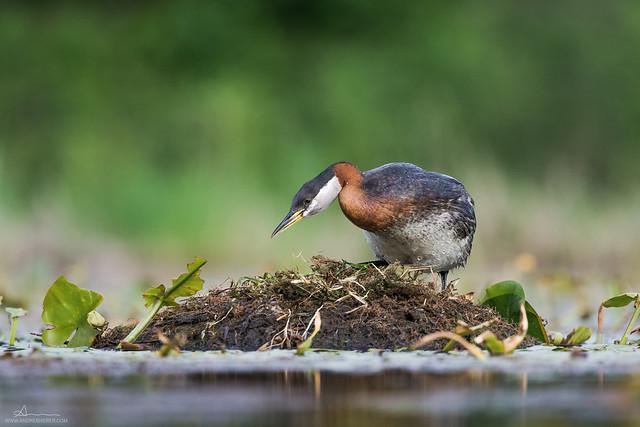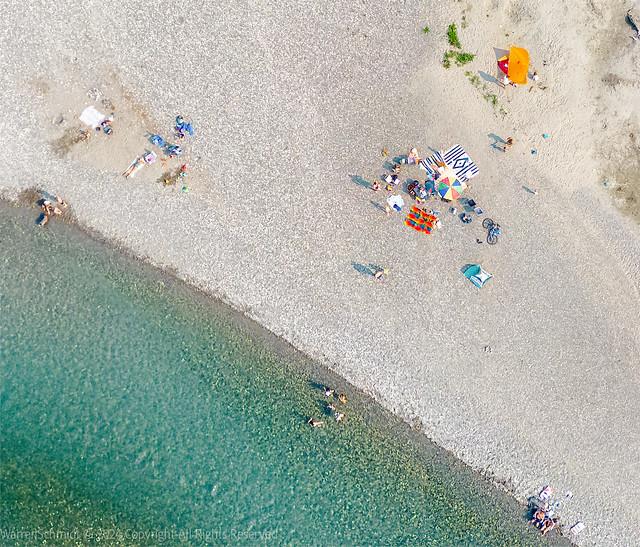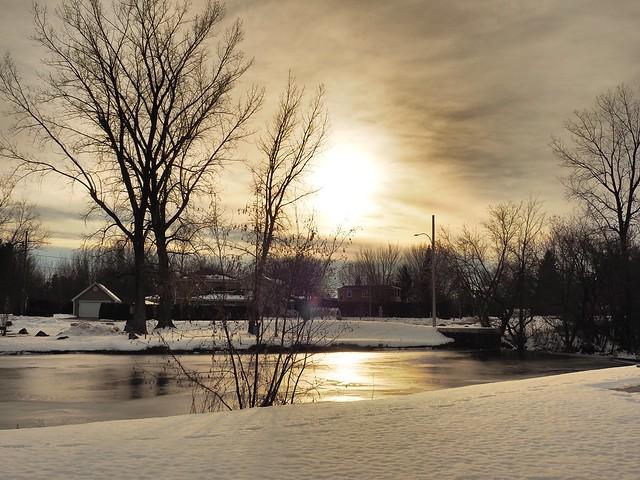



Abitibi-Témiscamingue
Overview
Geography and Natural Beauty
Abitibi-Témiscamingue is a vast region located in northwestern Quebec, Canada, characterized by its stunning landscapes and abundant natural resources. This area is defined by its picturesque lakes, rolling hills, and dense forests, making it a paradise for nature lovers and outdoor enthusiasts. The region is home to Lake Abitibi, one of the largest lakes in Quebec, and the Temiskamingue area, where the breathtaking beauty of the Laurentians meets the serene waters of Lake Temiskaming. The mix of natural terrain offers countless opportunities for hiking, camping, fishing, and winter sports, allowing visitors to immerse themselves in the great outdoors year-round.
Culture and Community
The culture of Abitibi-Témiscamingue is a vibrant tapestry woven from the influences of Indigenous peoples and settlers. The region is home to several First Nations, including the Algonquin and Anishinaabe communities, whose rich traditions and histories are celebrated through various cultural events and festivals. Visitors may encounter traditional music, dance, and art that reflect the deep connection these communities have with the land. The annual Festival de l’Automne in Rouyn-Noranda, for instance, showcases local talent and brings people together to celebrate the harvest season with food, music, and dance.
Historical Significance
Abitibi-Témiscamingue has a fascinating history rooted in mining and forestry. The discovery of gold in the early 1900s led to a population boom, with towns such as Rouyn-Noranda and Val-d’Or emerging as key mining hubs. The historical significance of these towns is showcased in local museums, such as the Musee de l'Insecte in Rouyn-Noranda, which explores the region's ecological history, and the Mining Museum in Val-d’Or, which recounts the story of the mining industry’s impact on the local economy and society. Visitors can explore heritage sites and learn about the challenges and triumphs of the early pioneers who shaped the region.
Local Characteristics and Activities
Life in Abitibi-Témiscamingue is defined by a strong sense of community and a slower pace that contrasts sharply with urban life. The towns are known for their friendliness and welcoming atmosphere, making it easy for visitors to engage with locals and learn about their way of life. The culinary scene reflects the area's natural bounty, with local establishments serving up fresh fish, game, and farm-to-table dishes that highlight regional flavors. Seasonal festivals, farmers’ markets, and craft fairs provide opportunities to taste local delicacies and purchase handmade goods.
Outdoor Adventures
Adventurers will find countless activities to enjoy in the great outdoors. In the summer, hiking trails such as those in the Parc National d’Aiguebelle offer breathtaking views and opportunities for wildlife spotting. During winter, the region transforms into a snowy wonderland, perfect for skiing, snowshoeing, and ice fishing. The extensive network of snowmobile trails attracts enthusiasts from all over, making it a popular destination for winter sports. Additionally, the area is dotted with numerous parks and reserves, ideal for camping and exploring the natural beauty of Quebec.
Festivals and Events
Abitibi-Témiscamingue is a region that loves to celebrate, with numerous festivals held throughout the year. The Festival des Guitares du Monde in Rouyn-Noranda, for example, attracts music lovers from across the globe, featuring concerts, workshops, and performances by renowned artists. Another notable event is the Fête de la Musique, which showcases a variety of musical genres and brings together local and international musicians. These festivities not only provide entertainment but also foster a sense of community and cultural exchange among residents and visitors alike.
Other towns or cities you may like in Canada
Explore other cities that share similar charm and attractions.





